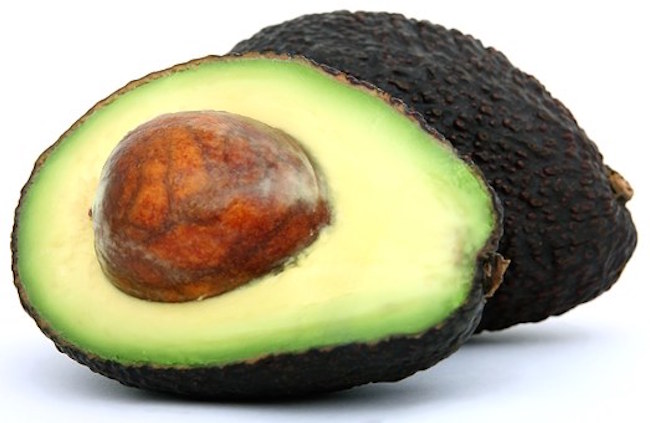Study: How Magnesium Supplementation Could Help with Depression by for Natural Society
Sadly, depression is a common mental health condition that affects millions of people in Australia and around the world. However, there are many natural therapies for depression that give you back your power, as they are more preventive in nature and help your body to heal itself. One of these natural solutions for depression may be magnesium, as pointed out in recent research.
This study involved 126 men and women who suffered from mild to moderate depression. Sixty-two were given a supplement containing 248mg of magnesium (as magnesium chloride, not the best supplemental form) for 6 weeks, and then spent 6 weeks with no supplementation. The others first spent 6 weeks taking no magnesium, and then swapped with the first group for the second half.
All volunteers were given questionnaires to evaluate their depression and anxiety at the start of the study and every 2 weeks during treatment.
During supplementation, depression and anxiety scores improved significantly, and participants were less likely to suffer from headaches. During the control period, however, depression scores did not change and anxiety worsened.
As their symptoms showed improvement in 2 weeks, magnesium could be a rapid-acting remedy for mild and moderate depression, while offering a wide range of side benefits. And if you are worried about negative social attitudes towards depression, magnesium is indicated for so many health complaints that a supplement implies nothing.
So, Why? What Does Magnesium Do?
From energy production to the synthesis of neurotransmitters that control mood, magnesium is involved in over 300 biochemical reactions in the body. If you are deficient, and many people are, then these chemical reactions are limited.
Of course, magnesium is not the only nutrient that we need to make neurotransmitters. B vitamins, particularly B12, folate (B9), B6, and niacin (B3), are essential co-factors in neurotransmitter production.




